
7th Chicago Graduate Conference in Hispanic, Luso-Brazilian, and Latinx Studies
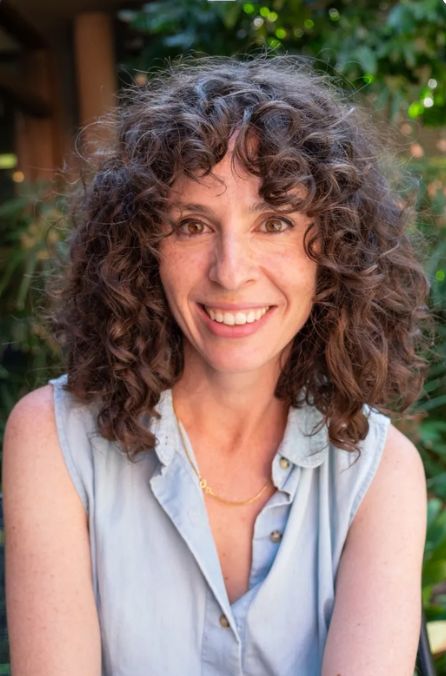
Alex Saum-Pascual
Berkeley University
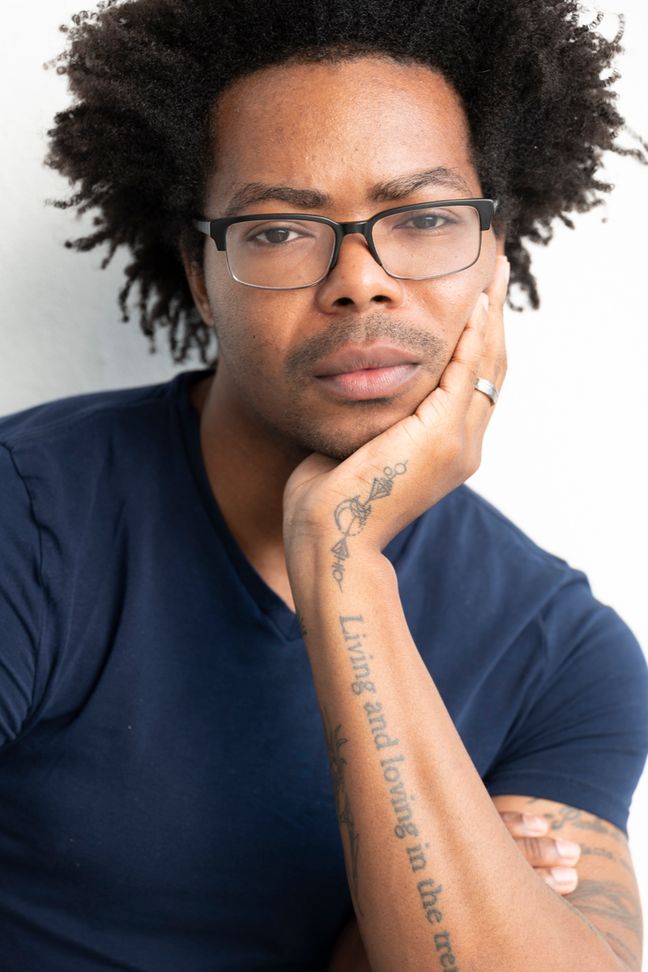
Marquis Bey
Northwestern University
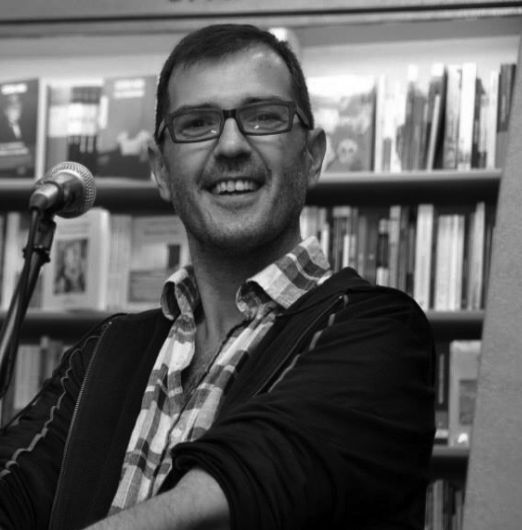
Gabriel Giorgi
NYU
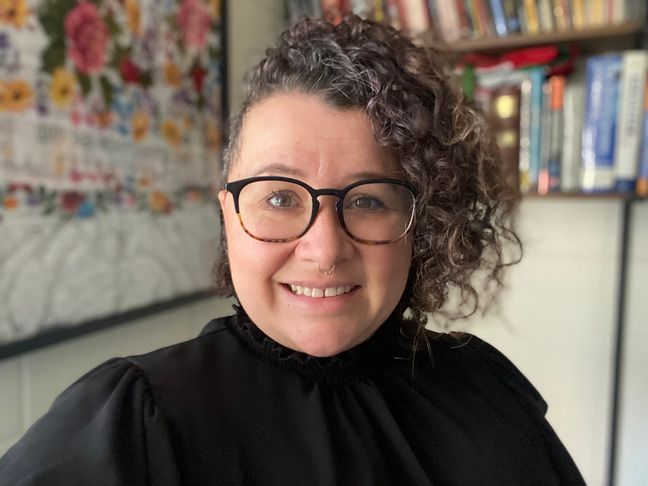
Sarah West
Northeastern Illinois University
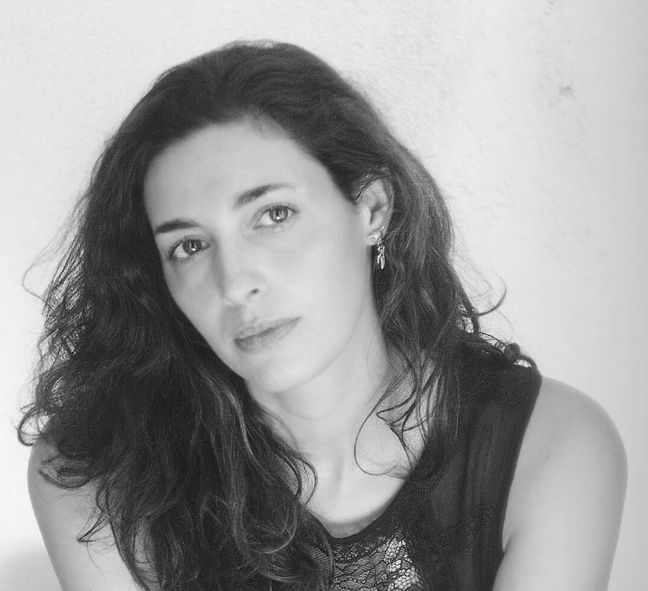
Fernanda Trías
Location
Hybrid event:
University of Illinois Chicago- Student Center East, Room605
750 South Halsted Street Chicago, IL United States, 60607
Dates
Registration period:
March 24, 2023 - 10:34 AM CDT - April 21, 2023 - 6:00 PM CDT
Submission period:
March 24, 2023 - 10:34 AM CDT - April 20, 2023 - 6:00 PM CDT
Contact us
If you have any questions, please contact gradchicagoconference@gmail.com